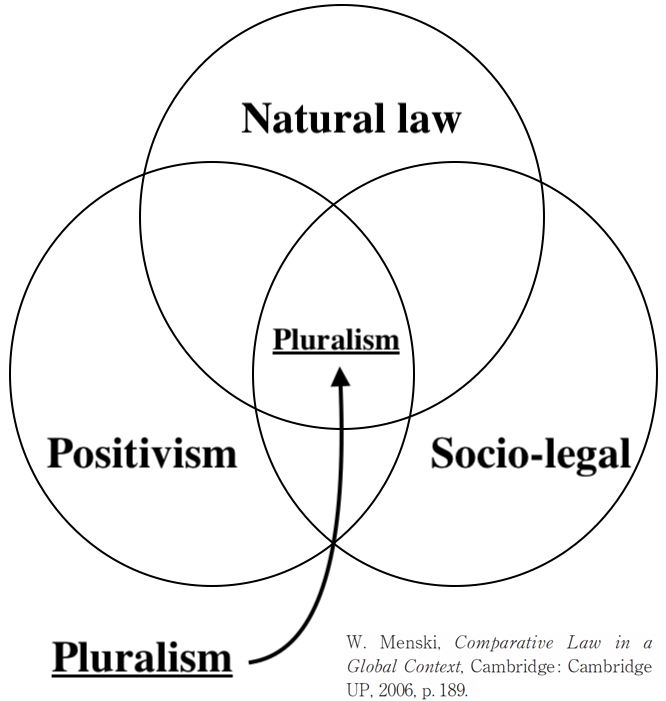文化的多元主義は Cultural_pluralism.html に移転しました!!
My web-page on Cultural pluralism is now moved to Cultural_pluralism.html

Werner F. Menski, Comparative Law in a Global Context: The Legal Systems of Asia and Africa, Cambridge University Press; 2 edition (28 Mar 2006)